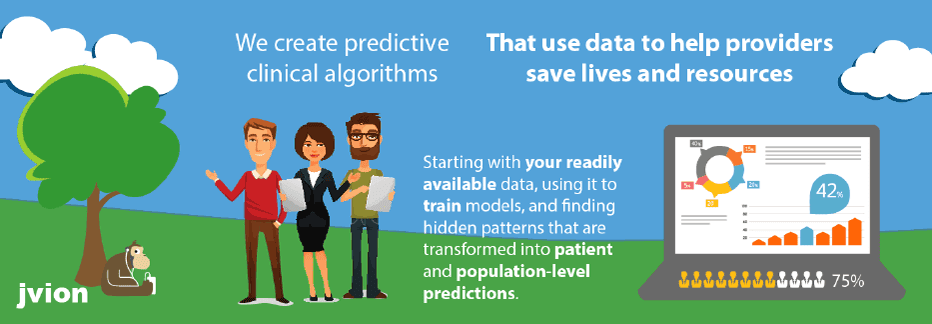One of the major concerns of healthcare providers, physicians and other stakeholders is fraud, waste and abuse. Billions of dollars are lost each year due to fraud, abuse and waste. This fact makes it essential for every stakeholder to implement solutions to detect, correct and prevent healthcare fraud waste and abuse. The goal is to make healthcare affordable for everyone with the onus on healthcare providers and business partners.
Service provider fraud is one of the most common types where fraudsters resort to over billing or billing for services not rendered with the intention of generating insurance payments. In some cases, patient IDs are stolen and used to make claims and also to file DME or Durable Medical Equipment claims for services and supplies not provided.
Jvion’s RevEgis is a robust solution designed to help reduce healthcare fraud waste and abuse through predictive analytics. Estimates by the US Department of Health and Human Services suggest that over $270 is lost every year to healthcare fraud. As costs continue to escalate, this figure could rise significantly if immediate steps are not taken by stakeholders to prevent hospital fraud waste and abuse.
There are several benefits of utilizing such solutions. To begin with, they are designed to detect patterns of fraud in billing by profiling and segmenting claimants. This helps identify potential fraudsters and any patterns in medical events. Unstructured healthcare data can be analyzed to identify fraud where data extracted
from call center logs can raise red flags wherever any suspicious activity is found. Most solutions utilize multiple methods of analytics for organizations to detect fraud and abuse sooner. This also helps stakeholders build an effective method to detect fraud before money is disbursed.
